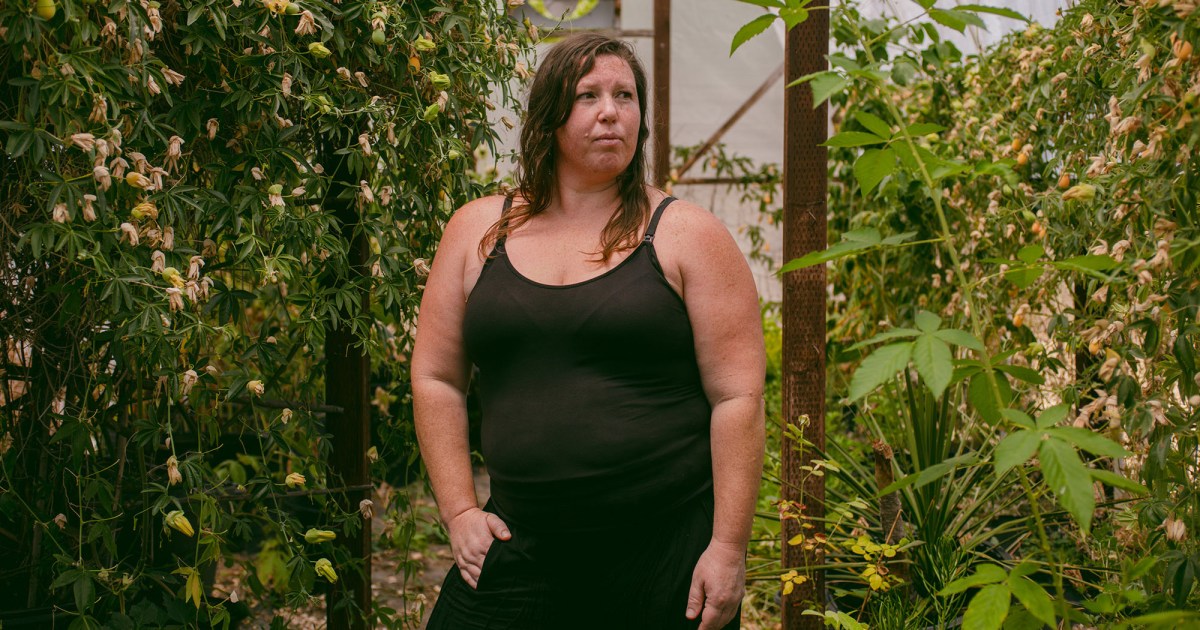- cross-posted to:
- [email protected]
- cross-posted to:
- [email protected]
Susan Horton had been a stay-at-home mom for almost 20 years, and now—pregnant with her fifth child—she felt a hard-won confidence in herself as a mother.
Then she ate a salad from Costco.
Horton didn’t realize that she would be drug-tested before her child’s birth. Or that the poppy seeds in her salad could trigger a positive result on a urine drug screen, the quick test that hospitals often use to check pregnant patients for illicit drugs. Many common foods and medications—from antacids to blood pressure and cold medicines—can prompt erroneous results.
If Horton had been tested under different circumstances—for example, if she was a government employee and required to be tested as part of her job—she would have been entitled to a more advanced test and to a review from a specially trained doctor to confirm the initial result.



She tested positive for heroin, not THC. If she was actually actually heroin, child protective services involvement would absolutely be warranted.
The issue here is the erroneous test and complete failure on the part of the hospital to confirm its results
She tested positive for opiates, not heroin.
Yes, heroin is an opiate.
She tested positive for codeine, the weakest opiate you can possibly get because to trigger any bigger result you’d need a thousand poppy seeds or more.
The hospital is 1000000000² % at fault here. Any competent medical staff doesn’t let this happen.
Heroin is derived from morphine, not directly from poppy seeds.